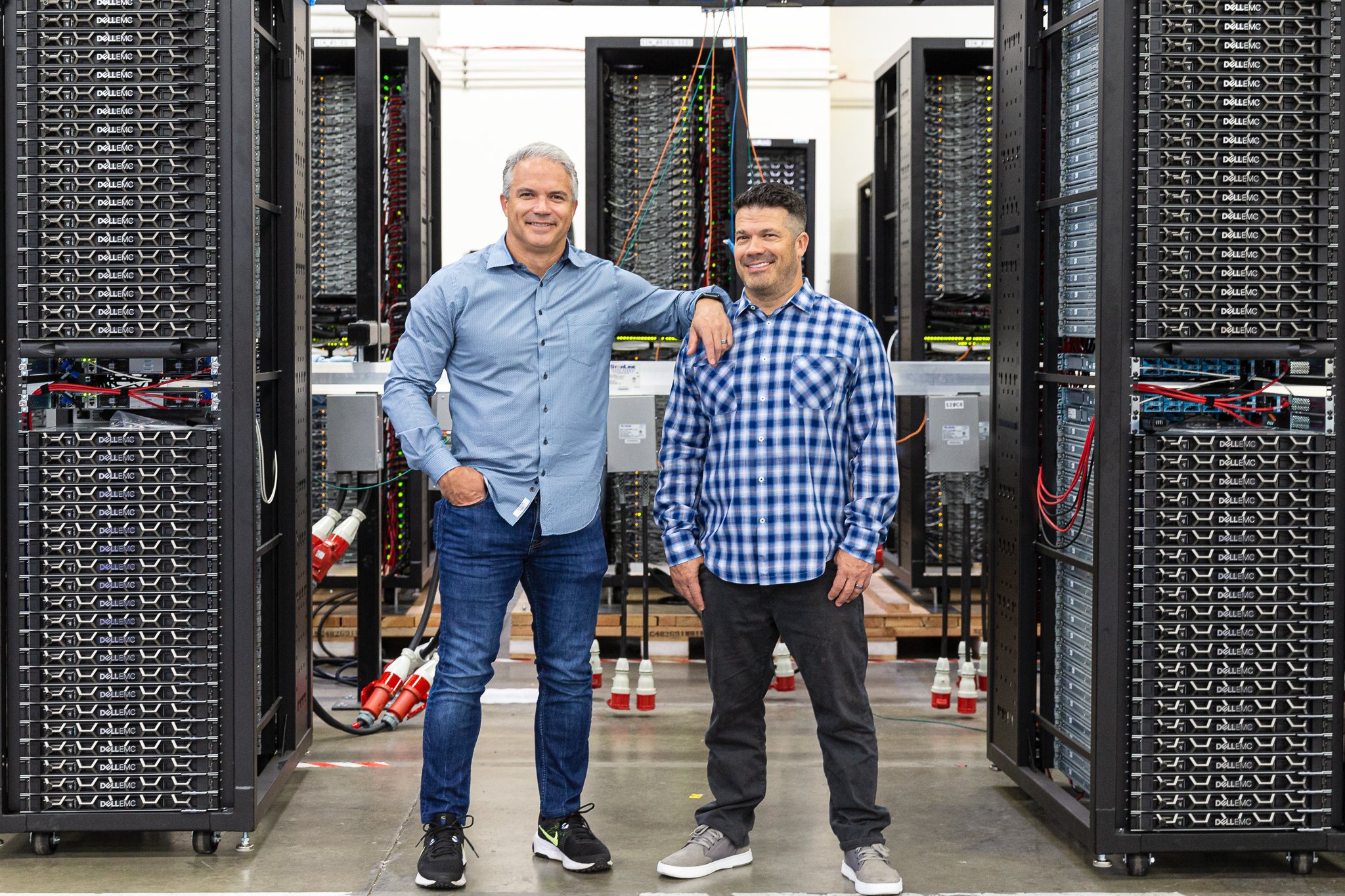How to Measure AI's Impact in Software Development
Software development leaders continually navigate a complex landscape of challenges. Teams often face significant productivity bottlenecks that slow down project timelines. At the same time, finding and retaining top-tier engineering talent remains a persistent struggle. Finally, maintaining high standards for code quality and security, especially with the introduction of AI-generated code, adds another layer of complexity. These pressures demand innovative solutions that can enhance efficiency without sacrificing quality.
This is where AI-powered tools come into play, promising to transform the development lifecycle. But how can organizations quantify this transformation? This blog outlines seven key ways companies measure the impact of AI tools like GitHub Copilot, explores how these tools are reshaping development workflows, and explains how a strategic partner can facilitate a successful implementation.
7 Ways Companies Measure AI's Impact
Organizations are moving beyond anecdotal evidence to quantify the value of AI in their development processes. By tracking specific metrics, leaders can build a clear business case for investment and demonstrate tangible returns.
1. Accelerated Coding Speed and Cycle Time
One of the most direct measures is the speed at which developers can write and ship code. AI assistants automate repetitive coding tasks, enabling developers to complete their work more efficiently. Microsoft reports that developers using GitHub Copilot code up to 55% faster. This acceleration directly impacts the entire development cycle, from initial commit to final deployment, enabling teams to deliver features and products to market more quickly.
2. Increased Developer Productivity
Productivity is about more than just speed; it's about enabling developers to focus on high-value work. Studies show that AI tools reduce the time developers spend on tedious, repetitive tasks. A survey by GitHub revealed that 70% of developers reported using less mental effort on repetitive tasks thanks to Copilot. This frees up cognitive capacity for complex problem-solving and innovation, leading to a more productive and engaged team.
3. Enhanced Developer Satisfaction and Flow State
A happy developer is a productive developer. The "flow state," a state of deep, uninterrupted focus, is crucial for high-quality engineering work. A McKinsey study found that developers using generative AI were 39% more likely to remain in a state of flow. By providing instant suggestions and reducing the need to switch contexts to search for information, AI tools help maintain concentration and increase job satisfaction.
4. Improved Code Quality and Reduced Errors
AI tools serve as a real-time partner in ensuring code quality. They can identify potential bugs, suggest more efficient code structures, and help enforce coding standards. This proactive approach minimizes errors before they are introduced into the codebase. For instance, GitHub Copilot's code review feature helps teams validate changes faster, leading to higher-quality and more secure software.
5. Faster Onboarding and Skill Acquisition
The time it takes for new developers to become productive is a significant cost. AI assistants serve as invaluable learning tools. A GitHub survey found that 60-71% of developers found it easier to learn a new programming language or understand an existing codebase with the help of generative AI. This accelerates the onboarding process and supports continuous learning across the engineering team.
6. Higher Pull Request (PR) Acceptance Rates
The code review process can often be a bottleneck. AI can enhance the quality and clarity of pull requests, making them more accessible for colleagues to review and approve. Research shows that PRs described using GitHub Copilot have a 13% higher approval rate. This streamlines collaboration and shortens the feedback loop, a critical factor in agile development.
7. Reduced Operational Costs
The culmination of these improvements is a direct impact on the bottom line. By accelerating development cycles, reducing the need for extensive bug fixes, and enhancing overall efficiency, generative AI can reduce operational costs by up to 30% for businesses that effectively leverage automation.

How GitHub Copilot Transforms Software Development
Integrating GitHub Copilot is not just about adding another tool; it’s about fundamentally changing how development teams operate. It transforms the developer experience from a solitary task of writing line after line of code into a collaborative partnership between human creativity and machine intelligence.
With Copilot, developers can automate the creation of boilerplate code, generate unit tests, and translate natural language prompts into functional code. This shift allows engineers to move from being pure code authors to becoming code architects and reviewers. They spend less time on mundane implementation details and more time designing robust systems, solving complex business problems, and driving innovation. The result is a more dynamic, efficient, and forward-thinking development process.
Redapt's Role in GitHub Copilot Implementations
Adopting a transformative technology like GitHub Copilot requires more than just a software license. To realize its full potential, your organization needs a clear strategy for adoption, seamless integration into existing workflows, and comprehensive training for your teams. This is where Redapt provides essential guidance.
We partner with enterprises to facilitate a seamless and effective implementation of GitHub Copilot. Our approach focuses on:
- Strategic Adoption Planning: We help you define clear objectives and a roadmap for rolling out Copilot across your organization.
- Seamless Integration: Our experts ensure that Copilot integrates perfectly with your existing development environments and processes, minimizing disruption.
- Team Enablement and Training: We provide tailored training programs to equip your developers with the skills to leverage Copilot effectively and responsibly.
- Measuring Success: We help you establish the right metrics to track progress and demonstrate the tangible business value of your AI investment.
By working with Redapt, you can confidently navigate the adoption process and ensure your organization achieves the remarkable outcomes the market is seeing.
Accelerate Your AI-Powered Development Journey
The evidence is clear: AI is a powerful catalyst for transforming the software development process. By leveraging tools like GitHub Copilot, your organization can boost productivity, enhance developer satisfaction, and deliver higher-quality software faster than ever before.
If you are ready to explore how Redapt can help your organization quickly adopt, implement, and realize these outcomes, connect with our team today. Let’s build the future of software development together.














